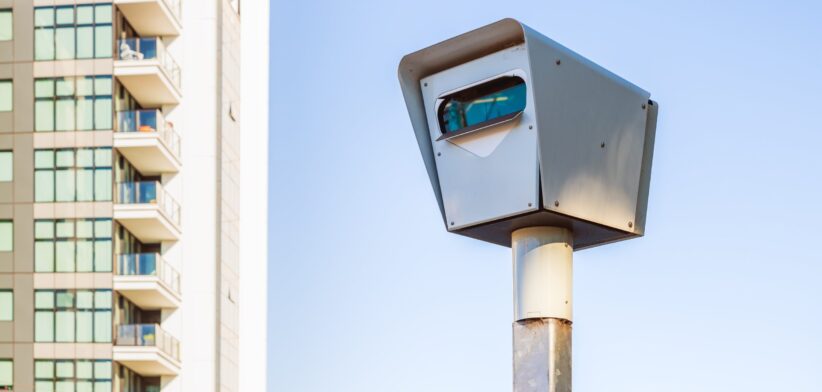Traffic fines should be based on a person’s income to avoid low-income earners being more harshly penalised for the same offence.
A new report for the Australia Institute policy think tank said making traffic fines proportional to drivers’ incomes, as was done in Finland, was a fairer system.
Australia Institute Research Manager and report co-author Alice Grundy said with cost of living already pushing many Australians into financial difficulties, traffic fines could force low-income people into choosing between essential spending and paying fines.
Ms Grundy said, by contrast, traffic fines were a minor annoyance for Australia’s high-income earners.
She said the report outlined a more equitable model for speeding fines based on a Finnish proportional fine system.
“Finland has a minimum fine amount, but otherwise calculates a fine based on a driver’s income and whether they have dependents.
“This is better for equality, and sometimes catches headlines when really big fines are issued to billionaires,” Ms Grundy said.
She said some Australian states were already moving in this direction, with NSW having a Centrelink discount.
“For a person on a low income, speeding fines can be crippling.
“Having a billionaire pay the same $200 speeding fine as a low-income earner is unfair,” Ms Grundy said.
She said proportional speeding fines were more equitable because they ensured the size of the fine was set based on a driver’s income.
“Australia’s regressive speeding fine system effectively criminalises poverty.”
Read the full report: Refining fines. Addressing the inequality of traffic penalties in Australia








